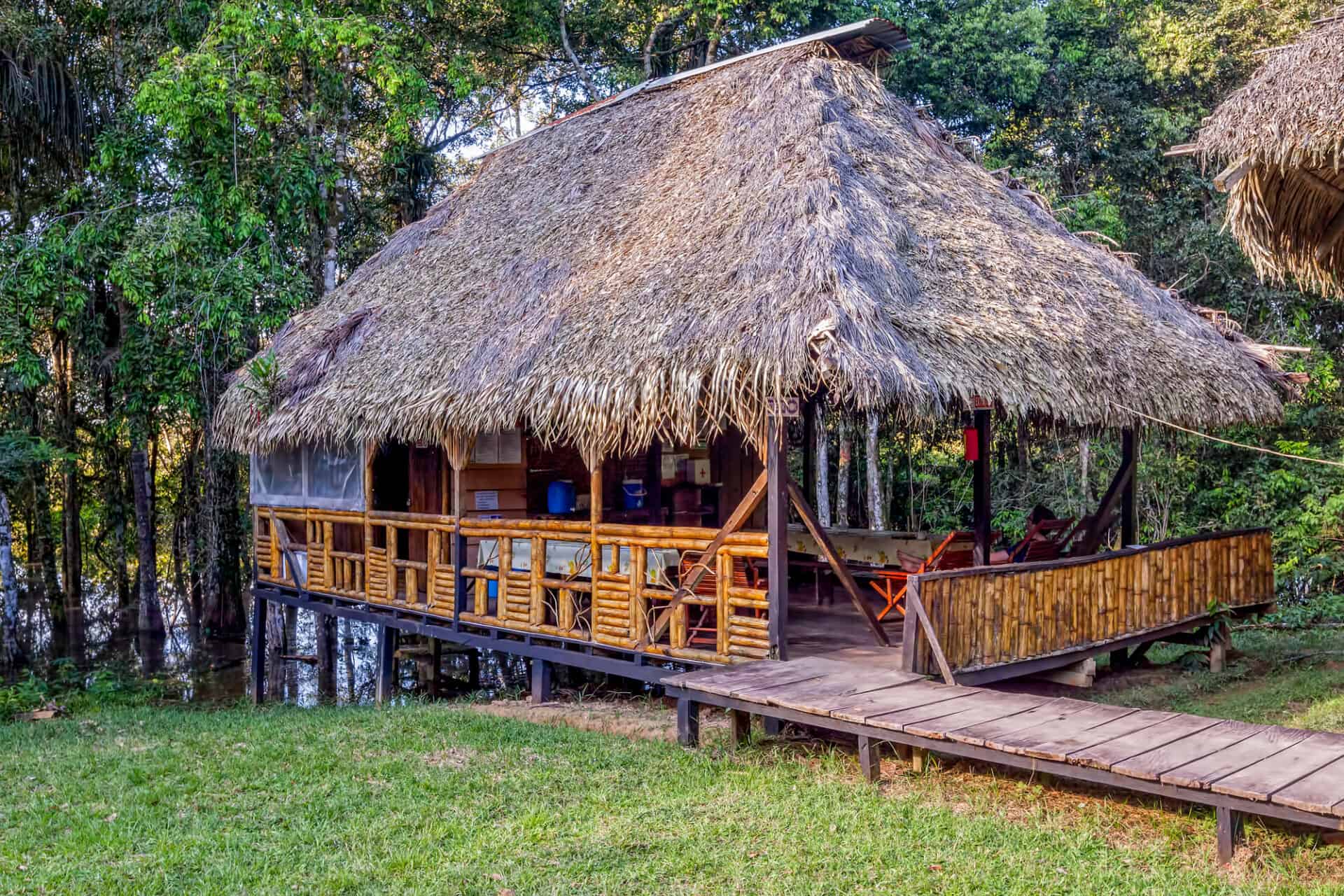As conscious travelers, one of the significant ways we can reduce our environmental impact by is choosing sustainable accommodation options. By staying at eco-friendly places, we not only minimize our carbon footprint but also support businesses that prioritize environmentally responsible practices.
Look for certified eco-friendly accommodations:
Certified eco-friendly accommodations are establishments that have undergone a certification process to ensure they meet specific environmental and sustainability criteria. These certifications, such as Green Key and EarthCheck, are recognized globally and indicate that the accommodations are committed to minimizing their environmental impact and promoting sustainability in various aspects of their operations.
- Green Key is an eco-label awarded to hotels, hostels, campsites, and other accommodations that demonstrate exceptional environmental responsibility. To receive the certification, establishments must meet specific criteria related to energy and water conservation, waste management, environmental education, and staff involvement. Green Key aims to promote sustainable tourism and encourage travelers to choose environmentally conscious accommodations.
- EarthCheck is a leading certification program for the hospitality industry focused on environmental and social sustainability. It assesses various aspects of an accommodation’s operations, including energy and water usage, waste management, community engagement, and cultural heritage preservation. EarthCheck provides a benchmark for continuous improvement and supports accommodations in minimizing their environmental footprint while enhancing guest experiences.
Research eco-initiatives and practices:
Before booking, investigate a property’s eco-initiatives and sustainable practices, such as energy-efficient lighting, water conservation measures, waste management, and use of renewable energy sources. Ask questions and engage with accommodation providers. Reach out to them directly to inquire about their eco-friendly efforts and express support for sustainable initiatives.
Consider locally-owned and operated accommodations:
Support local businesses and stay in locally-run establishments, they often have a smaller environmental footprint.
Eco-Lodges and Nature Retreats:
Explore the concept of eco-lodges and nature retreats, with a focus on preserving natural habitats, promoting wildlife conservation, and offering educational opportunities for visitors. Worldwide Ecolodges
Sustainable Farm Stays:
Farm stays and agritourism. Sustainable agriculture practices firsthand and supports local farmers. Have a look on Ecobnb
Community-Based tourism:
Community-based tourism initiatives provide unique cultural experiences while supporting local economies. Homestays, community-owned guesthouses, or indigenous-owned accommodations empower local communities.
Consider Off-the-Grid accommodation:
Eco-lodges powered by renewable energy sources or glamping experiences with minimal impact on the environment.
Vegetarian and vegan accommodations
On VeggieHotels you will find hotels and B&Bs that offer 100% vegetarian or vegan cuisine. Many accommodations also serve organic food and have been designed with sustainability in mind. Some even produce their own organic vegetables and fruits, offering farm-to-table slow food experiences. It has become much easier to enjoy plant-based food while traveling.
Vegan friendly hotels
VeganWelcome presents hotels with vegan-friendly cuisine for a healthy and sustainable vacation, from trendy city hotels to sustainable luxury resorts and hiking hotels with vegan offers.
Choosing sustainable accommodation is a powerful way to align our travel choices with our values as conscious travelers. By opting for eco-friendly places to stay, we can minimize our environmental impact, support local communities, and contribute to the preservation of natural and cultural heritage. Let’s make a positive difference and enjoy our journeys while being mindful of our accommodation choices.

A few reasons why being a conscious traveler is important:
- Sustainable Impact: Conscious travelers prioritize sustainable practices that minimize their negative impact on the environment. They seek out eco-friendly accommodations, reduce waste, and support local businesses that promote sustainable practices, such as using renewable energy or incorporating recycling initiatives.
- Cultural Exchange: Conscious travelers value and respect the local cultures and traditions of the places they visit. They strive to engage with local communities in a meaningful way, learning about their customs, beliefs, and practices. By doing so, they foster cultural understanding and promote mutual respect.
- Support Local Economies: Conscious travelers understand the importance of supporting the local economy. They seek out locally-owned accommodations, restaurants, and shops, enabling their travel spending to directly benefit the local community. This helps create jobs, preserve local heritage, and sustain a vibrant local economy.
- Preserving Natural Beauty: Conscious travelers appreciate the natural beauty of the destinations they visit and take steps to preserve it. They follow designated trails, avoid littering, and respect wildlife and natural habitats. By taking responsible actions, they contribute to the long-term preservation of these natural wonders.
- Positive Social Impact: Conscious travelers understand the social implications of their travels and strive to make a positive impact on local communities. They may engage in volunteer work or contribute to local causes, supporting initiatives that address social challenges and improve the lives of community members.
This article is part of the series by Conscious Travel Guide, your resource for mindful globetrotting.


